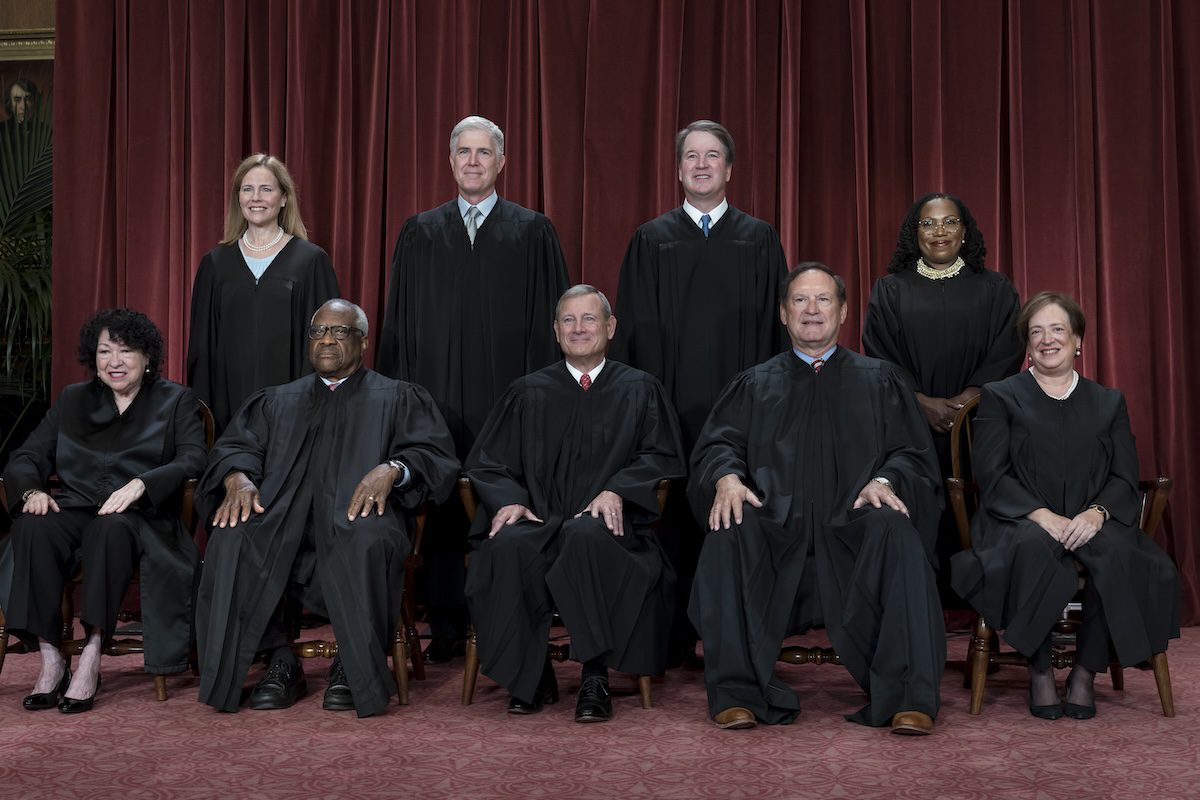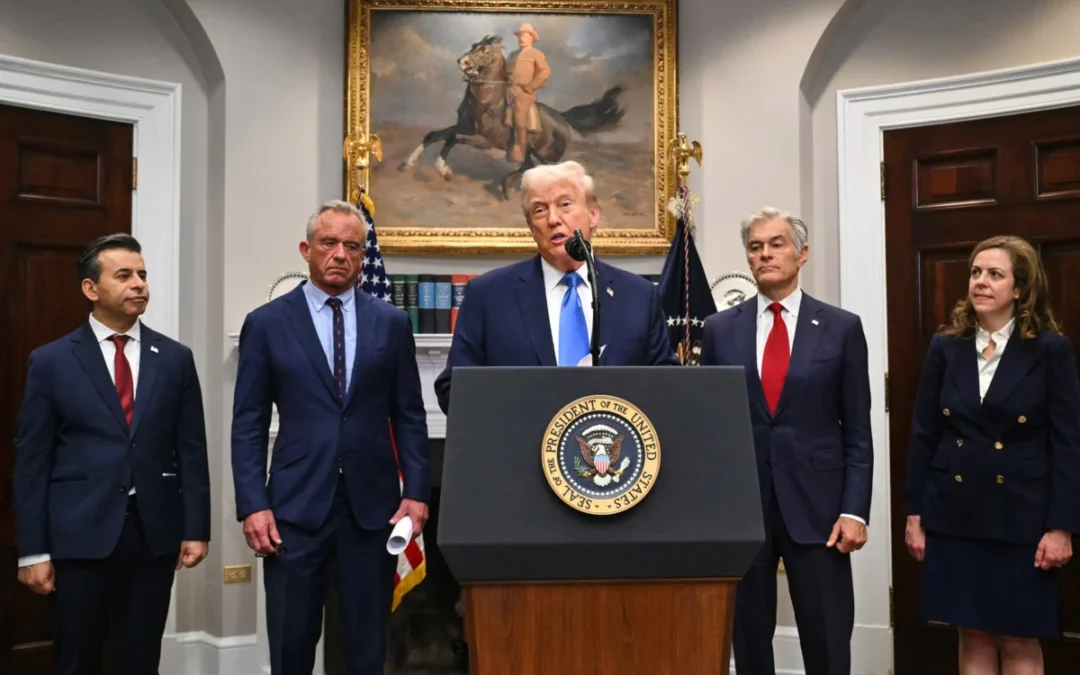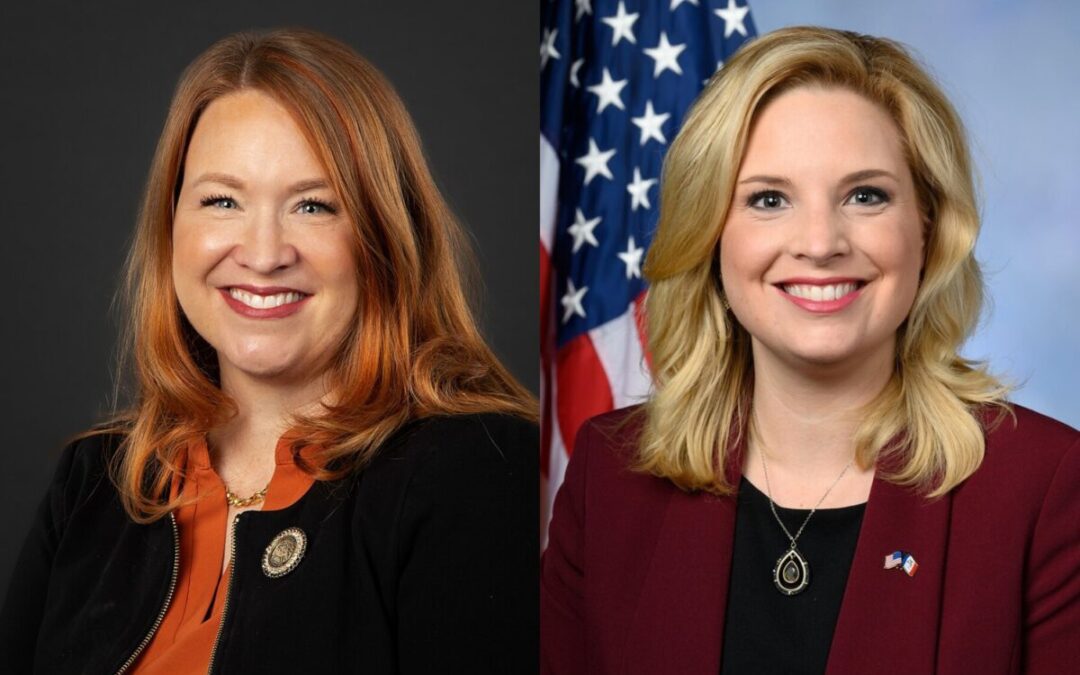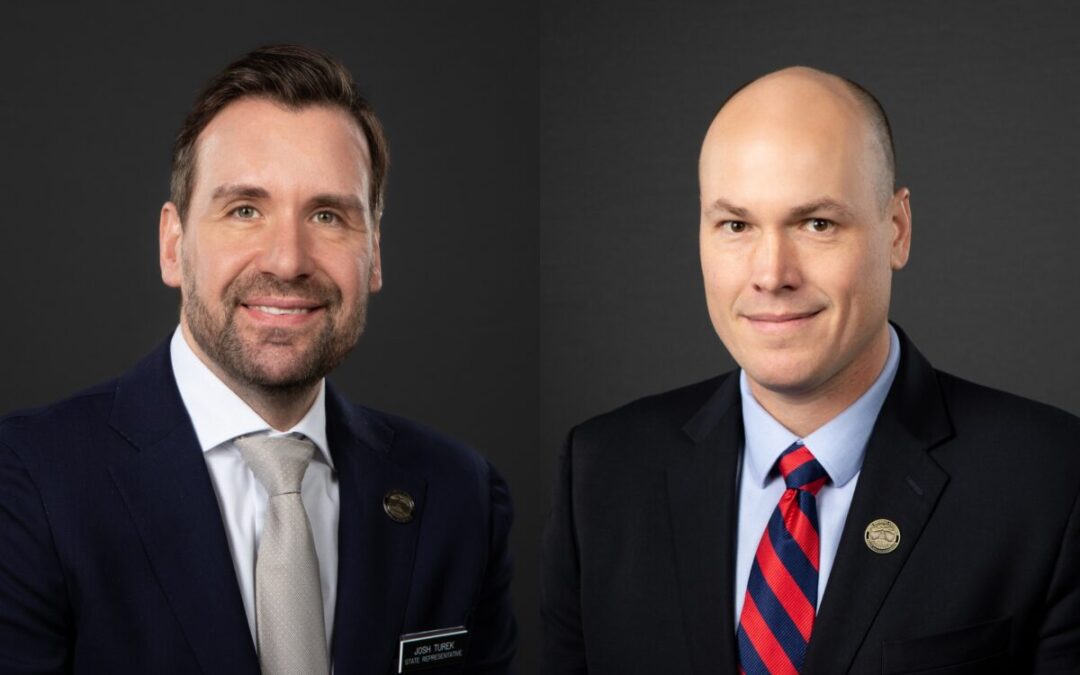
FILE - Members of the Supreme Court sit for a group portrait in Washington, Oct. 7, 2022. Bottom row, from left, Justice Sonia Sotomayor, Justice Clarence Thomas, Chief Justice John Roberts, Justice Samuel Alito and Justice Elena Kagan. Top row, from left, Justice Amy Coney Barrett, Justice Neil Gorsuch, Justice Brett Kavanaugh, and Justice Ketanji Brown Jackson. The Supreme Court justices will take the bench Monday, July 1, 2024, to release their last few opinions of the term, including their most closely watched case: whether former President Donald Trump has immunity from criminal prosecution. (AP Photo/J. Scott Applewhite)
The massively consequential ruling from the Supreme Court grants Trump and any future leaders the right to claim immunity from criminal prosecution for “official” acts carried out in office.
In an unprecedented ruling Monday, the US Supreme Court granted former president Donald Trump immunity from prosecution for “official” acts taken during his presidency.
The 6-3 ruling, which saw the court’s six conservatives side with Trump and the three liberal justices dissent, has massive implications for the scope of a president’s power and will almost certainly delay Trump’s upcoming trial to determine his criminal culpability in the January 6, 2021 attack on the US Capitol.
Future leaders now free to ‘use official power for evil ends’
While the Court’s decision does not protect Trump against prosecution for “unofficial” acts taken outside the scope of his presidency, it also does not clarify what constitutes an “official” versus “unofficial” act and leaves that determination to lower courts. This open-ended ruling sparks questions about how far any future president might now be able to extend their power in the name of immunity—a reality that the court’s three liberal dissenting justices said will have staggering long-term consequences.
Justice Sonia Sotomayor’s dissent conveyed her fears about the implications of expanded presidential immunity and listed “nightmare scenarios” in which a future president might be able to “use his official power for evil ends.”
“When he uses his official powers in any way, under the majority’s reasoning, he will now be able to be insulated from criminal prosecution. Orders the Navy’s Seal Team 6 to assassinate a political rival? Immune. Organizes a coup to hold onto power? Immune. Takes a bribe in exchange for a pardon? Immune, immune, immune,” Sotomayor wrote.
“The relationship between the President and the people he serves has shifted irrevocably. In every use of official power, the President is now a king above the law.”
‘A sad day for our democracy’
Top Democrats also decried the Supreme Court’s landmark ruling, with Senate Majority Leader Chuck Schumer calling the decision “disgraceful.”
“This is a sad day for America and a sad day for our democracy,” Schumer said in a press statement. “The very basis of our judicial system is that no one is above the law.”
Meanwhile, President Joe Biden’s campaign said Monday’s decision effectively “handed Trump the keys to a dictatorship.”
Sotomayor expressed a similar concern in her dissent.
“The Court effectively creates a law-free zone around the President, upsetting the status quo that has existed since the Founding,” Sotomayor wrote. “This new official-acts immunity now ‘lies about like a loaded weapon’ for any President that wishes to place his own interests, his own political survival, or his own financial gain, above the interests of the Nation.”
The Court’s ruling stokes concern about whether Trump will face criminal consequences for his actions on Jan. 6. The former president and recently convicted felon faces pending charges of federal election subversion for his role in encouraging far-right insurrectionists to storm the US Capitol.
A federal appeals court found in February that Trump would not be granted immunity for any of his acts surrounding the insurrection. Monday’s Supreme Court ruling rejects that finding, leaving Trump’s alleged crimes open to classification as “official”—and therefore immune—presidential acts.
Chief Justice John Roberts said the trial court will ultimately be responsible for determining how to classify Trump’s acts against the bounds of Monday’s Supreme Court ruling.
“We accordingly remand to the District Court to determine in the first instance—with the benefit of briefing we lack—whether Trump’s conduct in this area qualifies as official or unofficial,” Roberts wrote.
This shift in course will almost certainly delay Trump’s Jan. 6 trial further, quelling hopes from Democrats that it might take place before the upcoming presidential election.
RELATED: The right-wing Supreme Court just made it easier to bribe government officials

‘Sick to my stomach’: Trump distorts facts on autism, tylenol, and vaccines, scientists say
By Amy Maxmen Originally published September 22, 2025 Ann Bauer, a researcher who studies Tylenol and autism, felt queasy with anxiety in the weeks...

Conservative activist Charlie Kirk dies after being shot at Utah college event
OREM, Utah (AP) — Charlie Kirk, a conservative activist and close ally of President Donald Trump, was shot and killed Wednesday at a Utah college...

Dubuque pastor and state Rep. Lindsay James to run against US Rep. Ashley Hinson
Iowa state legislator Lindsay James is the third Democrat to challenge the northeast Iowa congresswoman in a race pitting kitchen-table economics...

Scholten suspends US Senate campaign, endorses Turek
The Democratic primary to take on Republican US Sen. Joni Ernst in 2026 has narrowed. Just one week after announcing his bid, State Rep. Josh Turek...

Paralympic gold medalist Josh Turek launches run against US Sen. Joni Ernst
The Iowa state representative, who won twice in Trump territory, is betting his story of overcoming adversity will resonate statewide. Josh Turek...

Democrat Jackie Norris launches US Senate bid against Joni Ernst
Norris launched her campaign, positioning herself as a problem-solver focused on "invisible burdens" like the mental health and childcare crises...





